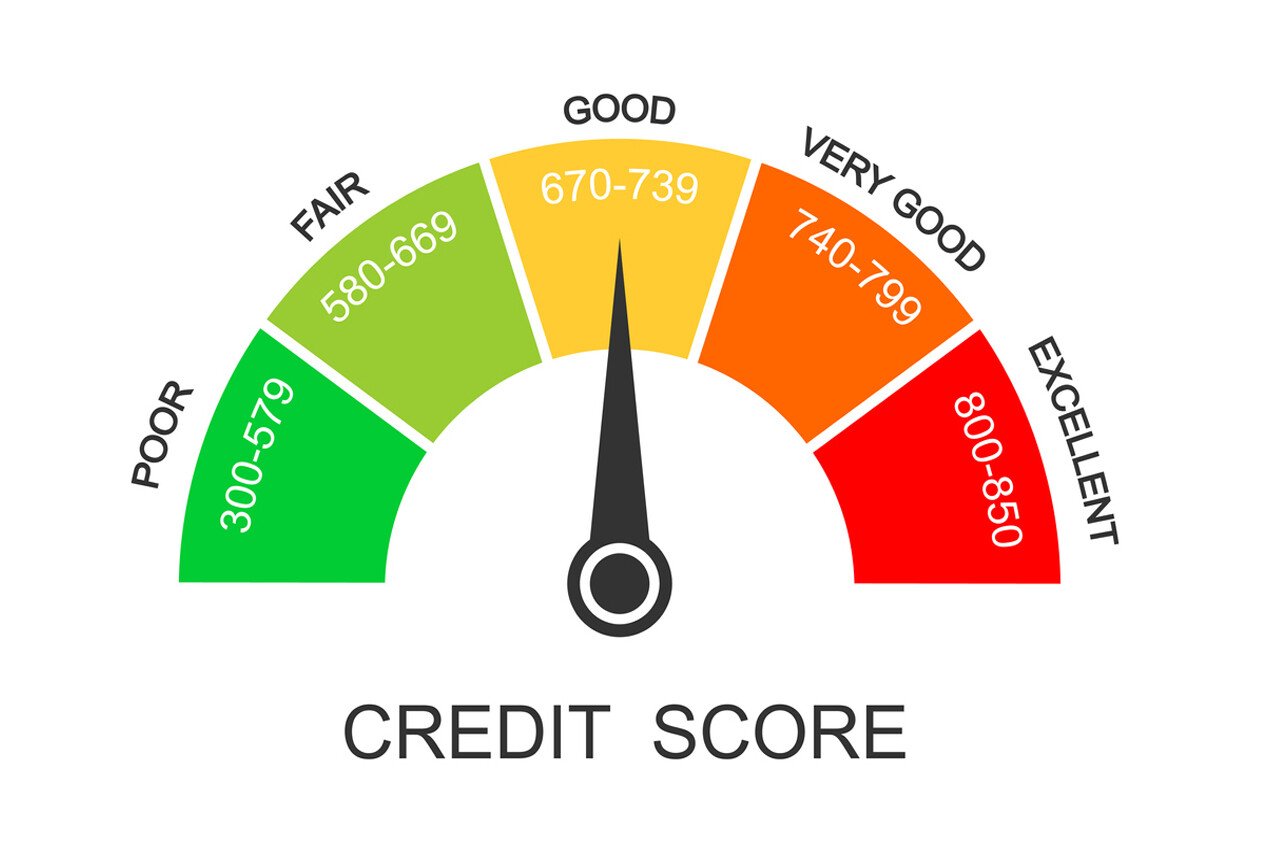
Introduction
A credit score is one of the most influential financial tools in modern life. It reflects an individual’s financial behavior and determines access to loans, credit cards, mortgages, and even job opportunities in some cases. Essentially, a credit score acts as a trust signal for lenders, helping them assess the risk of lending money to a borrower. A high score demonstrates financial responsibility, while a low score signals potential risk. Understanding how credit scores work, what factors affect them, and how to improve them is essential for achieving long-term financial success. This guide breaks down the importance of credit scores and provides practical strategies to build and maintain a strong financial profile.
What is a Credit Score?
A credit score is a numerical representation of an individual’s creditworthiness. Typically ranging from 300 to 850, the score is calculated using data from credit reports, which are compiled by credit bureaus. A higher score indicates responsible financial management and makes it easier to secure favorable loan terms. Credit scores are used by banks, credit card companies, landlords, and even insurance providers to evaluate financial reliability. Understanding the range is also important: a score above 700 is usually considered good, while anything below 600 may be viewed as risky. Knowing where you stand empowers you to take the necessary steps to improve your financial reputation.
Why Credit Scores Matter
Credit scores play a central role in shaping financial opportunities. A strong credit score can qualify you for low-interest loans, higher credit limits, and premium financial products. On the other hand, poor credit can result in higher borrowing costs, limited access to credit, and even rejection of applications. Beyond lending, credit scores may also impact renting an apartment, securing utilities without a deposit, or obtaining favorable insurance rates. Employers in certain industries may also review credit reports to evaluate responsibility. In short, credit scores affect both financial and lifestyle choices. Recognizing their importance allows individuals to treat credit as a long-term investment in financial stability.
Factors That Influence Credit Scores
Several factors contribute to the calculation of credit scores. The most significant is payment history, which accounts for around 35% of the score. Timely payments demonstrate responsibility, while missed or late payments can severely damage the score. Credit utilization how much of your available credit you use—is another critical factor, ideally kept below 30%. The length of credit history also matters, as longer histories provide more data on financial habits. Additionally, the types of credit used, such as loans and credit cards, and the frequency of credit inquiries impact the score. Understanding these elements helps individuals make informed financial decisions that improve their overall standing.
How to Improve Your Credit Score
Improving a credit score requires consistency, discipline, and patience. The first step is ensuring bills are paid on time, as payment history carries the most weight. Keeping credit card balances low and reducing overall debt also improves utilization ratios. Another strategy is diversifying credit types, such as responsibly using both installment loans and revolving credit. Regularly reviewing credit reports helps identify and dispute errors that may negatively affect the score. Avoiding unnecessary credit inquiries also prevents potential dips. Over time, these actions contribute to gradual but lasting improvement. With consistent effort, individuals can move from poor to excellent credit, opening doors to better financial opportunities.
Common Misconceptions About Credit Scores
Many myths surround credit scores, often leading to confusion. One common misconception is that checking your own credit lowers the score. In reality, soft inquiries, like checking your own report, have no impact. Another myth is that carrying a balance improves credit, but paying off balances in full is far better. Some people believe closing old accounts will help, but this can actually shorten credit history and harm the score. Additionally, using cash exclusively does not build credit, as lenders need credit history to assess reliability. Dispelling these myths is essential to managing credit effectively and avoiding costly mistakes.
Conclusion
Credit scores are more than just numbers; they are key indicators of financial health and responsibility. From securing affordable loans to influencing housing and job opportunities, they play a pivotal role in modern financial life. By understanding how scores are calculated, why they matter, and what actions can improve them, individuals can take control of their financial future. Building and maintaining a strong credit score requires discipline and informed decision-making, but the rewards financial freedom, stability, and peace of mind are well worth the effort.
FAQs
Q1: How often should I check my credit score?
It is advisable to check your credit score at least once every few months to monitor progress and ensure accuracy.
Q2: Does paying utility bills affect my credit score?
Generally, utility bills do not appear on credit reports unless they go unpaid and are sent to collections.
Q3: Can I recover from a poor credit score?
Yes, with consistent effort such as timely payments, debt reduction, and responsible credit use, scores can improve significantly over time.
Q4: Do student loans affect my credit score?
Yes, student loans are considered installment loans, and responsible repayment can help build credit history.
Q5: What is considered an excellent credit score?
Typically, a score of 750 or higher is regarded as excellent and opens access to the best financial products.
Leave a Reply